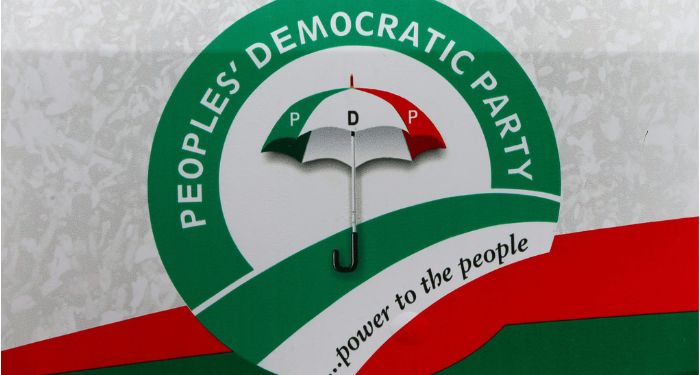- Chief Sunny Onuesoke criticized Nigeria’s frequent national grid collapses as a national embarrassment, threatening economic stability and security across the country
- He highlighted the negative impact of unreliable electricity on businesses and households, urging immediate solutions to restore consistent power supply
Chief Sunny Onuesoke, a chieftain of the Peoples Democratic Party (PDP) and former Delta State governorship aspirant, has described Nigeria’s national grid’s frequent collapse as a national embarrassment. His remarks come in response to the grid collapsing three times in the past week.
Speaking to journalists during a workshop on energy supply in Lagos, Onuesoke called the repeated grid failures a serious threat to Nigeria’s national security. He emphasized the importance of a consistent electricity supply for the country’s economic development. He questioned how those responsible would justify such frequent collapses, especially when regular power is vital to the nation’s economy and security.
He noted that the constant grid failures significantly harm Nigeria’s economy, particularly in the manufacturing and service sectors. The unreliable power supply increases operational costs as businesses rely on expensive alternatives like generators. This reduces the competitiveness of Nigerian businesses on the global stage.
Onuesoke pointed out three main areas affected by the grid collapses:
- Businesses: Many companies face higher operational expenses due to their reliance on alternative power sources like generators, which reduces their international competitiveness.
- Service Industries: The financial and technological sectors, which require stable electricity, suffer from frequent disruptions. This reduces their capacity to turn a profit and provide quality services to the public.
- Households: These blackouts also affect families, forcing them to rely on costly and inconvenient alternatives. This decreases their disposable income, which in turn impacts the wider economy.
Onuesoke stressed the urgent need for immediate and long-term solutions to fix the power sector. He also expressed disappointment with state governors, who, despite being given the green light by the Federal Government to build their power stations, have not made significant progress in this area.
He questioned why the governors continue to rely on federal resources for electricity and statutory allocations, asking, “How many governors can boast of creating just 10 per cent of their power stations? None. What are they really there for?”










Discussion about this post